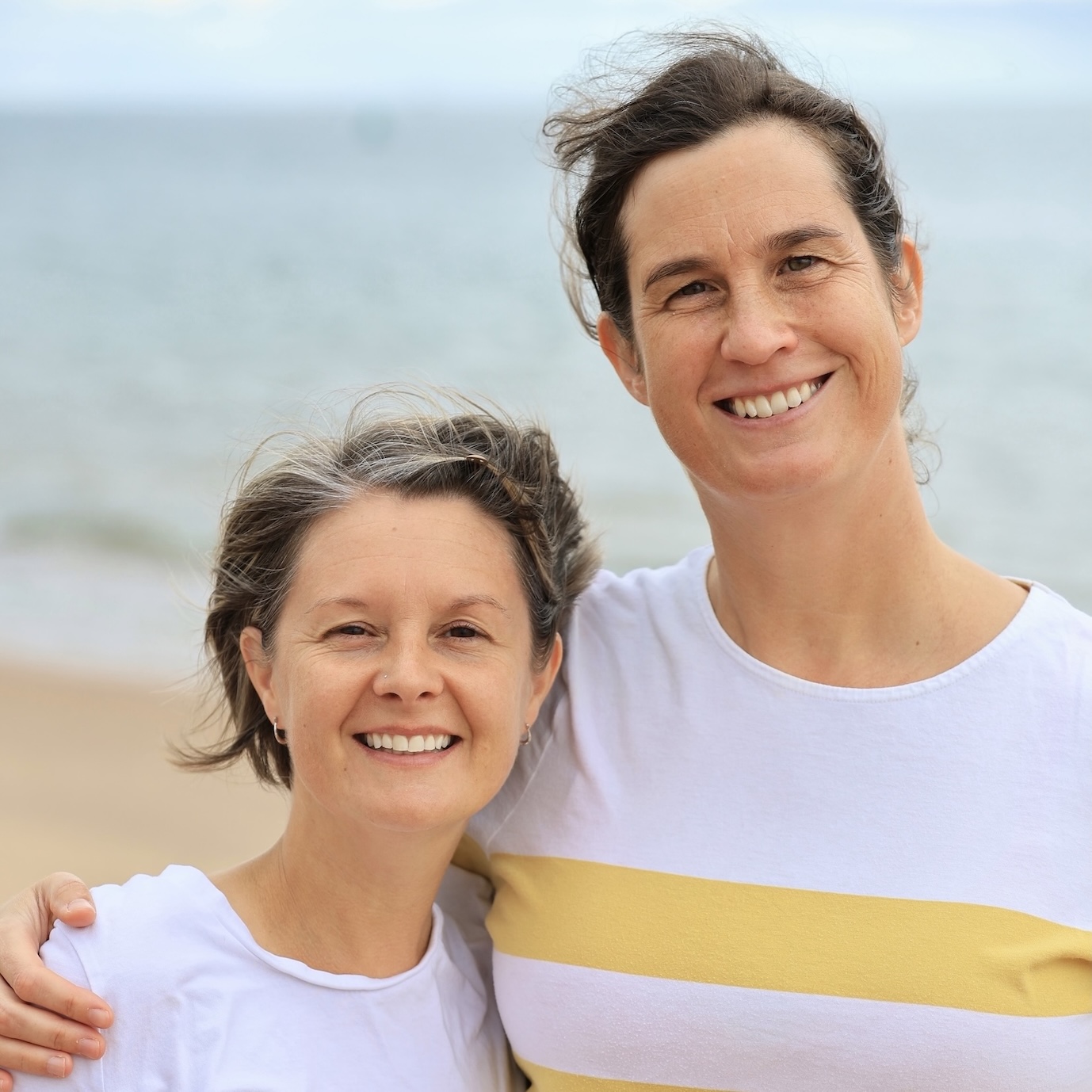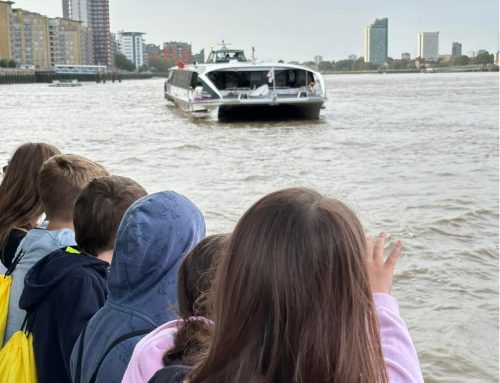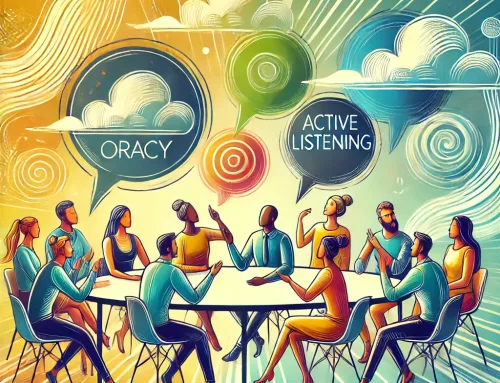
I’ve just had the absolute joy of a weekend visit from a dear friend of 15 years+ who is an Assistant Principal in a US Public School. Over long a long blustery coastal walk, multiple coffees and wine fuelled late-night conversations, we found ourselves comparing notes on the state of education in our respective countries. The current political climate in the US and its impact on schools, and the intensifying SEND crisis here in the UK were just a few observations we each brought to the table. Naturally, our discussions ranged widely, having both been in the education field for our collective working lives. We’ve both seen unprecedented school budget pressures, a teacher recruitment crisis couple with a crash in staff wellbeing, but also, most significantly a perceived shift in the very purpose of schooling itself.
What struck me most was how many of the challenges we shared transcended borders. Different systems, different funding models, different politics; but the same core question: How do we prepare young people for a complex, uncertain future while meeting their diverse needs today?
It’s this question that I’ve been circling back to a lot lately, and one that has been in my mind since attending a webinar a few weeks ago about the OECD Learning Compass 2030.
It is a remarkable conceptual framework that aims to help education systems navigate precisely this dilemma, and I’m posting this blog now because I think every educator should read it this summer.
What is the OECD Learning Compass 2030?
Developed through the OECD’s Future of Education and Skills 2030 project, the learning compass isn’t a curriculum or set of standards. It’s a framework designed to guide countries, systems, and schools as they rethink what learners need to thrive in 2030 and beyond.
At its centre is pupil agency: the idea that learners should not be passive recipients of knowledge, but active co-creators of their learning and their future. Surrounding this core are three interdependent dimensions:
- Knowledge (disciplinary and interdisciplinary)
- Skills (cognitive, social, emotional, practical)
- Attitudes and values (ethics, empathy, cultural understanding)
None of this is new but the compass very successfully links these dimensions with other competencies:
- The ability to create new value
- Reconcile tensions and dilemmas
- Gather responsibility for collective wellbeing
This is all tied together through an anticipation-action-reflection cycle, encouraging learners to be adaptive, reflective, and proactive throughout their life.
What could be more relevant to today’s world?
As my friend and I discussed, both our countries are grappling with urgent, often divisive debates about what schools should and shouldn’t be doing. In the US, political fights over curriculum content, equality and diversity, parental rights, and school funding are dominating headlines.
In the UK, the SEND system is straining under demand that outpaces capacity, leaving many families feeling abandoned. There is a crisis in teacher recruitment and retention, and a spike in the need for pupil mental health support.
These issues can feel very local, very political – and in some ways they are. But beneath them lies a shared global challenge: Schooling systems that were built for the 20th century are struggling to meet the demands of the 21st.
Many professionals before me have written about how we face technological disruption, climate change, demographic shifts, and deepening inequality. Young people need not only knowledge, but the skills and values to navigate a world of uncertainty and to help shape it for the better.
This is precisely what the OECD ‘Learning Compass’ tries to address. It offers a shared language for countries to think about these challenges, and a vision for education that goes beyond narrow academic metrics to encompass wellbeing, ethics, and sustainability.
At the webinar I attended, speakers that had contributed to the learning compass project shared how their vision to support sustainability goals and promote global citizenship was already fostering responsibility for our shared futures. Representing several education systems including Japan, Wales, and New Zealand where compass principles have been integrated into their curriculum reforms, they highlighted how we can all learn so much from each other.
I don’t deny that there will likely be challenges and critics of this document; it has definite imitations. It is, by its very nature conceptual. Whilst this allows for contextual adaptations, educators who like a framework may be left asking, “What does this actually look like in practice?”
Also, without meaningful investment in teacher development, curriculum design and the associated assessment reform, and the pupil social capital required for pupil agency, the very goals that it explores will remain abstract because the challenges it seeks to overcome are still its barriers.
I can see why this document is framed as a compass, not a map. And on reflection of the conversations, I had with my friend, I think this metaphor is the right one.
The OECD Learning Compass 2030 doesn’t tell us precisely how to get where we want to go. It also doesn’t offer is an easy route through the difficult, multi-faceted terrain of education policy. Instead, it encourages us agree on which direction to travel so that we can move beyond short-term policy battles to consider long-term goals. It helps us to align our curriculum reform thinking around holistic learning rather than exam scores and academic attainment alone.
I am becoming more of a promoter of pupil agency than I’ve ever been before. I can see through my own children that we’re operating in an era when many learners feel disengaged or disempowered by the system. Across the global education world, we’ve got to somehow collectively challenge ourselves to look beyond the urgent to-do list of today and next week, to think more organically about knowledge and values, and to see young people as active partners in their own learning.
Perhaps, then, the conversations it sparks, across countries and communities will mean something significant happens. And it will be more than to women in their mid-forties putting the educational world to rights!!
OECD (2019) OECD Learning Compass 2030
Photo credit: Tom Hurley




